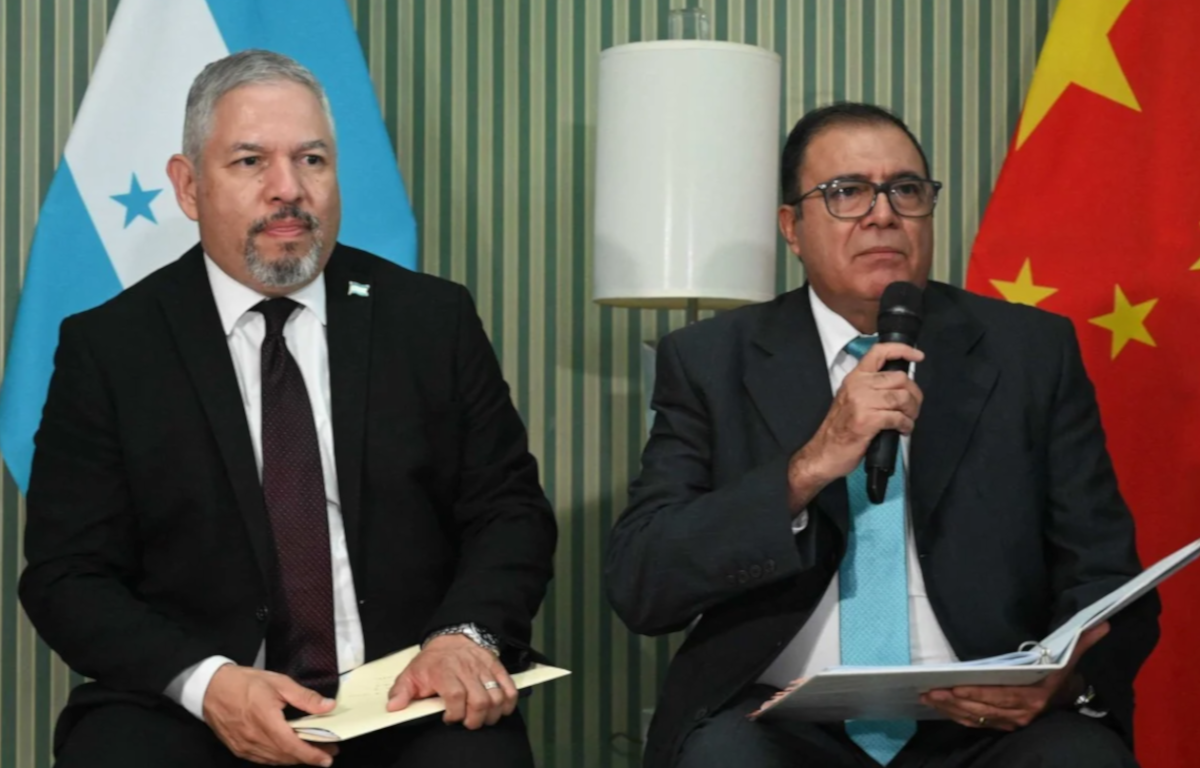
China, as the world’s largest carbon emitter, has taken notable steps in recent years to address environmental issues. Investments in renewable energy sources like solar and wind power have significantly reduced the country’s reliance on coal. Moreover, China has expressed its long-term goal of achieving carbon neutrality by 2060. Nonetheless, this seemingly proactive stance masks persistent challenges, including the continuous rise in coal consumption, unabated emissions, and substantial financing of coal plants abroad.
A significant concern lies in the trap of relativity. As the United States intensifies its climate commitments and transitions to cleaner energy sources, China can take advantage of the situation to appear relatively more climate-conscious without matching its actions with equal determination. By positioning itself as the responsible party during international discussions, China diverts attention from its continued reliance on coal and the resultant rise in emissions.
China’s Belt and Road Initiative (BRI), an ambitious infrastructure development project connecting Asia, Africa, and Europe, has faced criticism for its environmental impact. Despite claiming the BRI promotes sustainable development, many of its funded projects involve coal-fired power plants and other high-emission ventures. This greenwashing of BRI projects undermines global efforts to combat climate change and raises concerns about China’s genuine commitment to environmental sustainability.
China’s lack of transparency and accountability in reporting its emissions and environmental policies further compounds the challenge. Unlike the U.S. and several Western countries, China operates with limited transparency, making it difficult to ascertain the actual extent of its emissions and the effectiveness of its environmental initiatives. This lack of openness creates an uneven playing field and raises doubts about China’s sincerity in addressing climate change.
While international cooperation is vital in combating climate change, the Biden administration must approach diplomatic relations with China with caution. Blindly trusting without tangible actions could lead to China exploiting the situation for its benefit. Any bilateral agreements or partnerships must explicitly address China’s domestic emissions and its role in financing high-emission projects overseas.
Addressing climate change is a collective endeavor that requires genuine commitment and action from all nations. While the Biden administration’s efforts to combat climate change are commendable, it is crucial to recognize the possibility of China using these commitments to its advantage. Vigilance and strategic diplomacy are necessary to ensure that climate negotiations with China lead to tangible actions, transparency, and accountability. Only through such vigilance can the international community make meaningful progress in safeguarding the planet for future generations.










Share this: